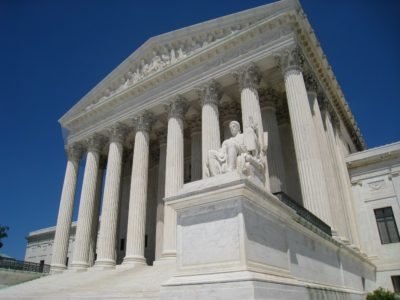

“Private religious schools have long been able to deny admission based on a student’s learning and language needs, gender identity, sexual orientation or religion,” said IDRA President & CEO Celina Moreno, J.D. “But the Court’s ruling not only fails to protect students from discrimination, it now forces some parents to subsidize school curriculum that violates their own beliefs.”
Importantly, the Court reaffirmed that states have no obligation to fund voucher-like programs for private schools. But it ruled that, when states do choose to subsidize private education, they cannot exclude schools providing religious instruction.
For decades, Maine has operated a tuition assistance program designed to ensure that students in rural communities without access to a public school can still obtain an education. Under the program, if a district does not have a public school, the state will pay part of the cost for students in the district to attend an approved public or private school of the parents’ choice. Before the Court’s ruling, Maine barred the use of public funds to private schools that provide a religious curriculum in order to uphold the separation of church and state in public education.
Led by the pro-privatization Institute for Justice, the plaintiff parents sued the Maine Department of Education, alleging that refusal to fund private religious education violates the Free Exercise Clause of the First Amendment. The private schools that plaintiffs sought tuition assistance for can deny enrollment to students based on gender, gender identity, sexual orientation and religion and require their staff members to be “born-again Christians.”
The Court, in Trinity Lutheran v. Comer and Espinoza v. Montana Department of Revenue, previously held it unconstitutional to exclude religious entities from certain public funding programs because of their religious status – that is, for simply being associated with a religion. Critically, though, until the Court’s ruling yesterday, the First Amendment had never been understood to require state funding of religious activities, such as requiring worship or teaching a religious curriculum.
As Justice Sonia Sotomayor stated in her dissent, the Court’s decision “is especially perverse because the benefit at issue is the public education to which all of Maine’s children are entitled under the State Constitution.”
“State leaders must be held accountable for carrying out the mandates in their state constitutions to provide an adequate, equitable education for all students.” Ms. Moreno said. “IDRA will continue to fight to keep the public in public schools and reject voucher-like proposals that do not serve the vast majority of students.”


